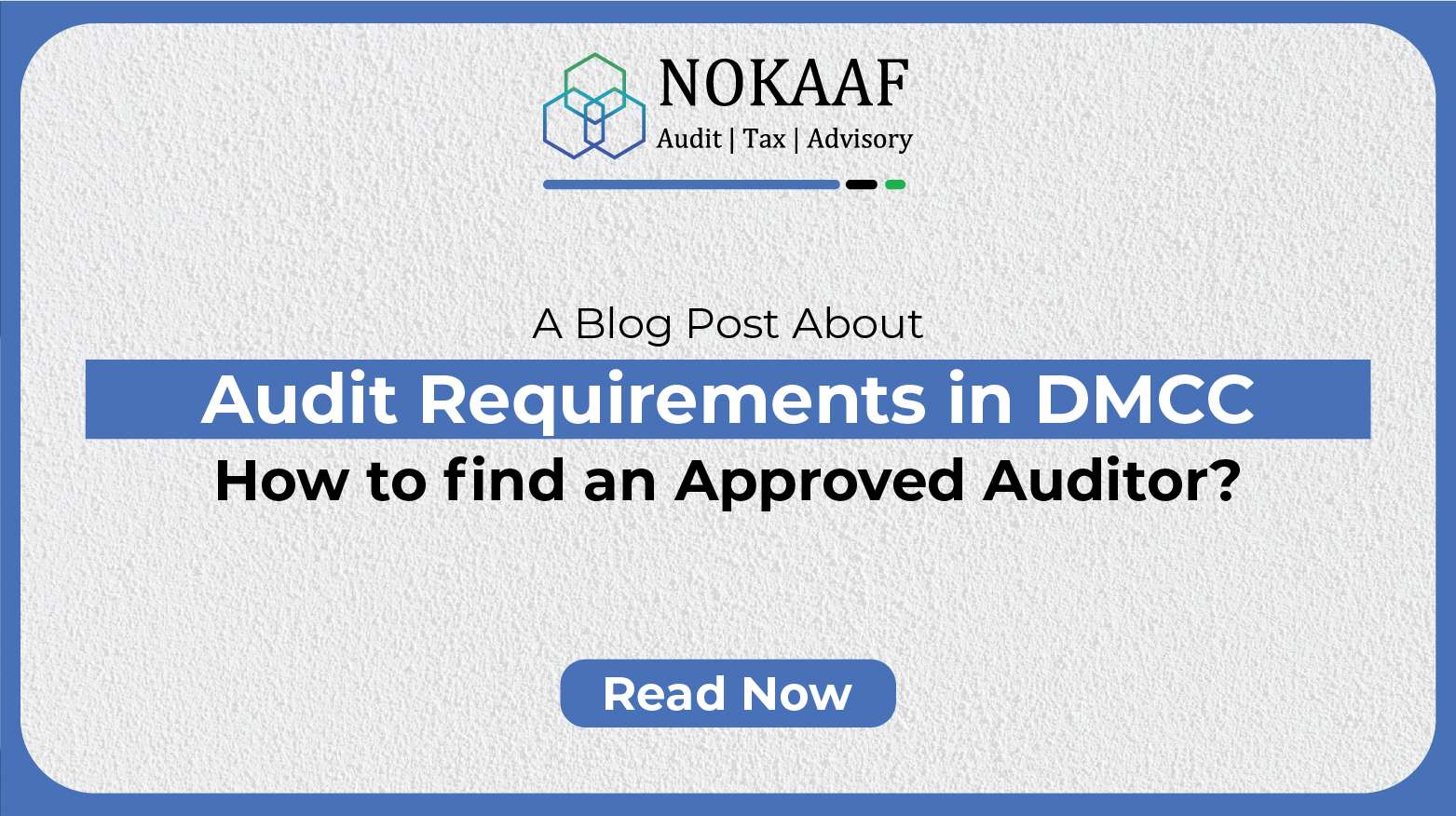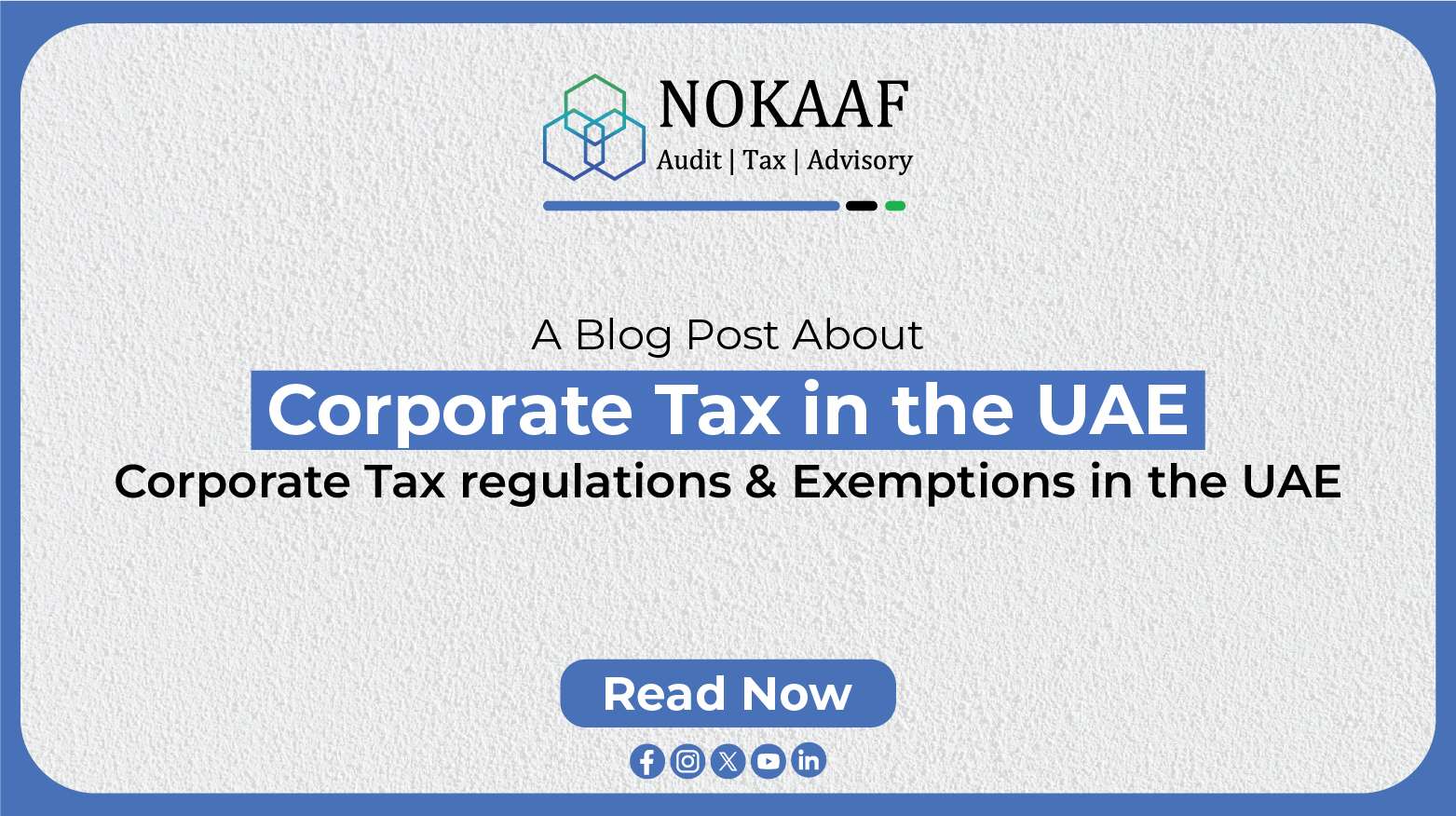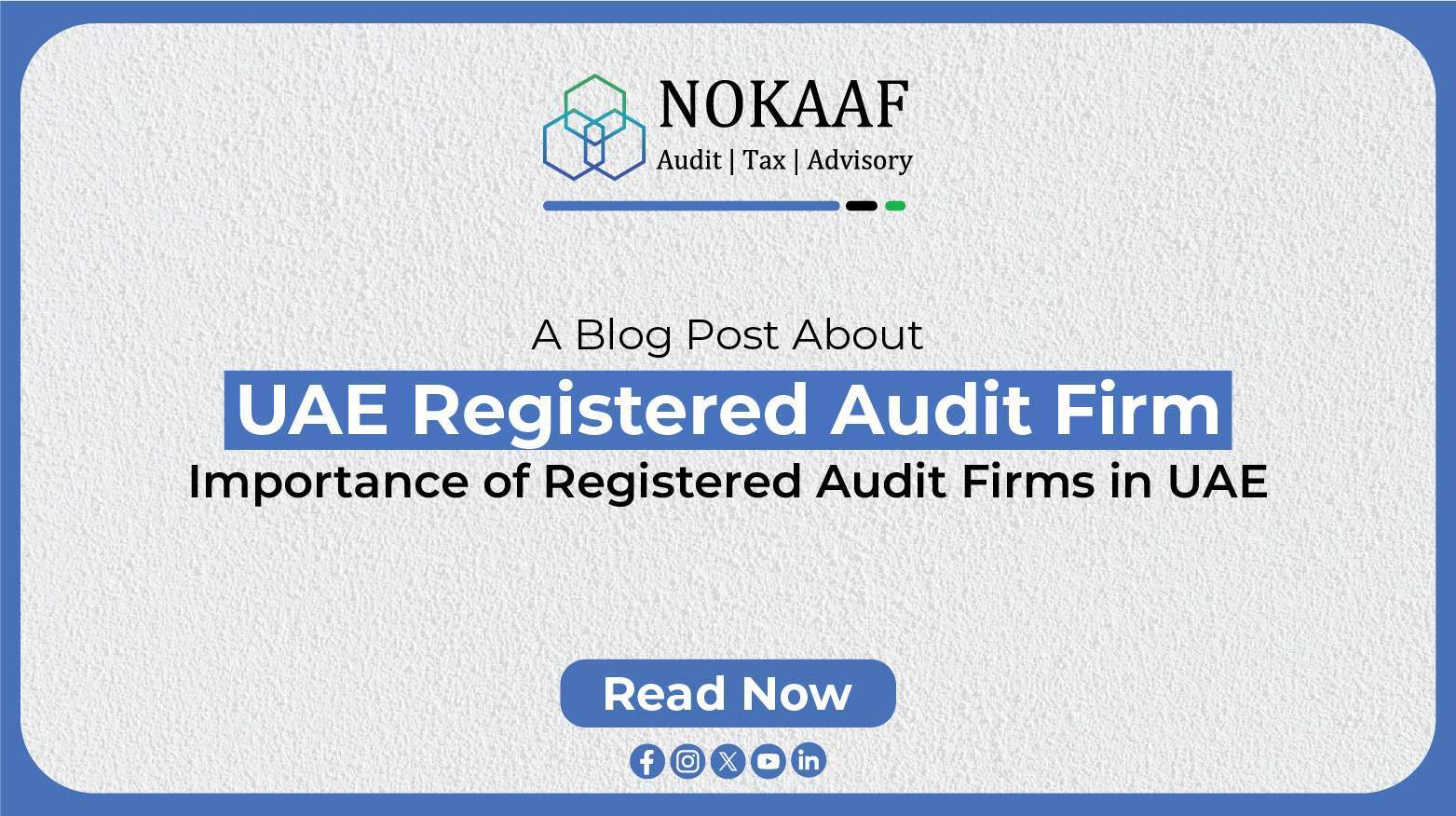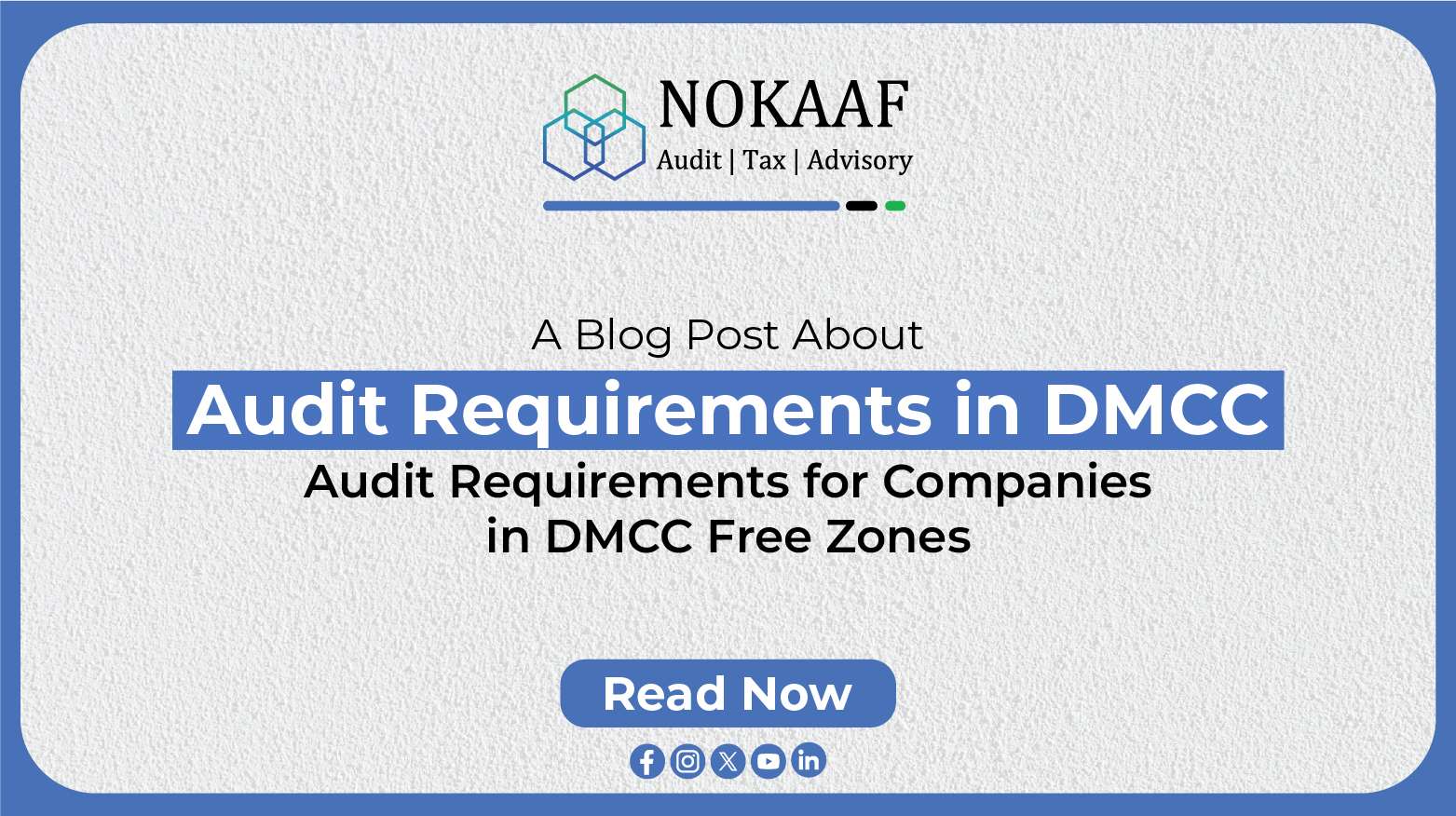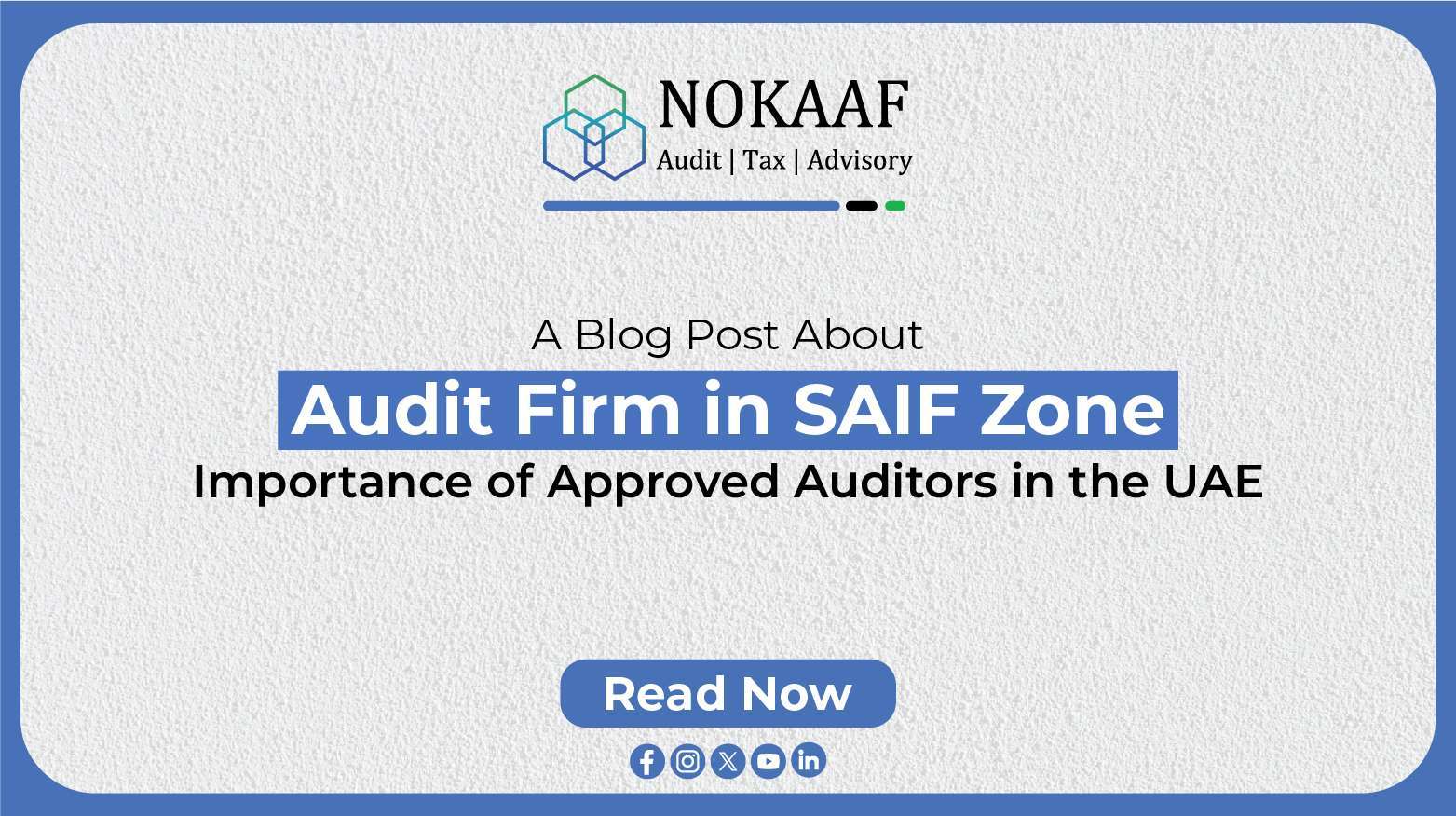Introduction
In the bustling world of business, maintaining financial transparency and credibility is paramount. This is where audits come into play, ensuring the accuracy and reliability of financial statements. For businesses operating within the Dubai Multi Commodities Centre (DMCC), adhering to audit requirements is not just a choice—it’s a legal necessity. In this comprehensive guide, we will delve deep into the audit requirements in DMCC and the critical role of an approved auditor in maintaining financial integrity.
Understanding DMCC
Before delving into audit requirements, let’s get familiar with DMCC. The Dubai Multi Commodities Centre (DMCC) is a thriving free zone in Dubai, known as the ‘City of Gold.’ It’s a vibrant business hub accommodating a myriad of industries, from commodities to technology and everything in between. Businesses flock to DMCC for its strategic location, business-friendly policies, and a plethora of opportunities.
The Legal Mandate
DMCC, like other free zones in the UAE, imposes specific regulations on businesses, and one such requirement is the annual audit. This legal mandate exists to maintain transparency, protect investors, and uphold financial stability within DMCC. Businesses operating within DMCC are obliged to undergo an audit of their financial statements each year.
The Role of an Approved Auditor
To conduct an audit in DMCC, you must engage the services of an approved auditor. These auditors are licensed by DMCC and possess the necessary expertise to review financial records comprehensively. They ensure that your financial statements are prepared in compliance with international financial reporting standards and local regulations.
The Selection Process
Choosing an approved auditor is not a decision to be taken lightly. You need to find a reputable and experienced auditor who can meet your specific industry needs. DMCC provides a list of approved auditors on its website, making the selection process more straightforward.
The Audit Process
Once you’ve selected an approved auditor, the audit process kicks off. This typically involves a thorough examination of your financial records, including income statements, balance sheets, cash flow statements, and supporting documents. The auditor’s role is to identify any discrepancies or irregularities in the financial statements.
Reporting and Documentation
After the audit is complete, the approved auditor will provide you with an audit report. This report is a critical document, as it attests to the accuracy and integrity of your financial statements. It is essential for your business’s stakeholders, including investors, lenders, and regulatory authorities.
Penalties for Non-Compliance
Failure to comply with DMCC’s audit requirements can result in significant penalties and legal consequences. Your business may face fines, suspension, or even revocation of its license. To avoid such severe repercussions, it’s crucial to follow the audit requirements diligently.
Benefits of Audit Compliance
While adhering to audit requirements may seem like a burdensome task, it comes with several advantages. Compliance boosts your business’s credibility and reliability, making it more attractive to investors and lenders. It also helps you identify areas for improvement within your organization’s financial processes.
Audit Frequency
The frequency of audits in DMCC depends on the size and type of your business. In normal circumstances all companies are required to submit annual audits reports, in some cases interim audits might be required. Understanding the audit schedule applicable to your business is crucial.
Cost Considerations
Audits can be costly, depending on the size and complexity of your business operations. It’s essential to budget for audit expenses to ensure that you can fulfill this legal requirement without financial strain.
Tax Implications
In addition to regulatory compliance, audits in DMCC can have tax implications. Understanding how audits affect your tax obligations is crucial for proper financial planning.
Importance of Transparency
Transparency in financial matters is vital for business success in DMCC. It not only helps you comply with regulatory requirements but also fosters trust among stakeholders, contributing to long-term sustainability.
Navigating Complex Industries
Businesses operating in highly specialized or complex industries within DMCC may have unique audit requirements. It’s crucial to work with an approved auditor who understands the intricacies of your specific field.
Staying Informed
DMCC’s regulations and audit requirements can change over time. Staying informed about any updates or modifications is essential to ensure ongoing compliance.
Conclusion: Safeguarding Your Business
In the dynamic business landscape of DMCC, adhering to audit requirements and engaging an approved auditor is not just about compliance; it’s about safeguarding your business’s future. It’s an investment in trust, credibility, and long-term success.
Frequently Asked Questions (FAQs) about Audit Requirements in DMCC and Approved Auditor
1. What are the consequences of not complying with DMCC’s audit requirements?
Failure to comply with DMCC’s audit requirements can lead to penalties, fines, suspension, or even license revocation. It’s a serious matter that can have significant legal and financial repercussions.
2. How can I find an approved auditor for my business in DMCC?
You can find a list of approved auditors on DMCC’s official website. It’s essential to select an auditor with the expertise and experience relevant to your industry.
3. Is the audit frequency the same for all businesses in DMCC?
No, the audit frequency depends on the size and type of your business. Larger companies may require annual audits, while smaller enterprises may undergo audits less frequently.
4. What should I expect in an audit report from an approved auditor in DMCC?
An audit report from an approved auditor will detail the findings of the audit, including any discrepancies or irregularities in your financial statements. It serves as a validation of the accuracy and integrity of your financial records.
5. How do audits in DMCC affect my tax obligations?
Audits in DMCC can have implications for your tax obligations, as they may influence the calculation of taxable income. It’s crucial to understand the tax implications of audits and plan accordingly.

